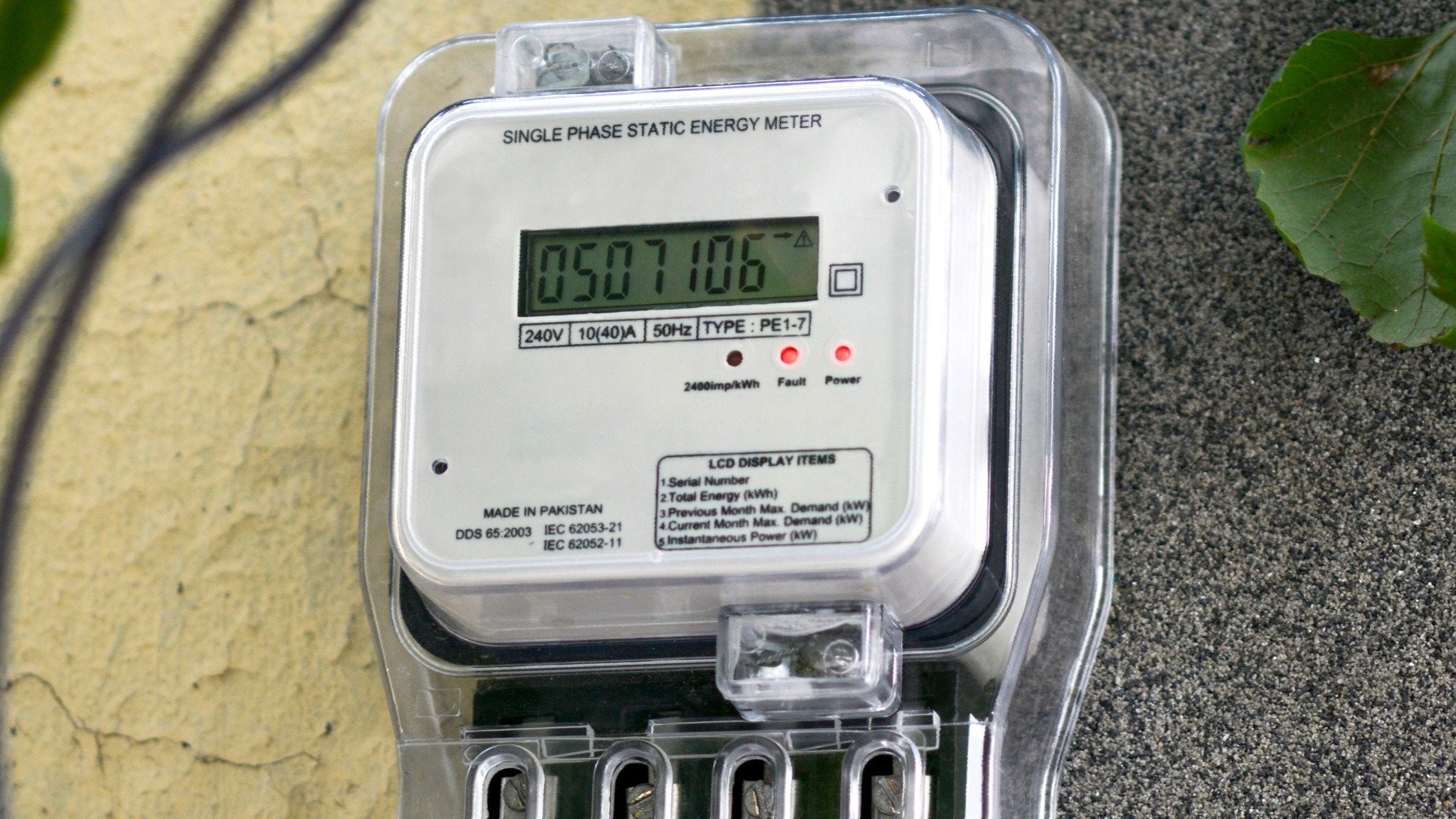Odisha to Reclaim Unused Industrial Land

State gives industries two months to explain delay or lose their land
The Odisha Government has announced it will reclaim land leased to industries that have failed to start operations or have used only a portion of their allotted land, said Revenue and Disaster Management Minister Suresh Pujari on Wednesday.
Speaking to media, the minister stated that many companies have been holding on to government land for years without setting up any industrial activity. “Industries that haven’t made any progress despite years of allotment will now have their land taken back by the government,” Pujari said.
The crackdown will also include companies that received large plots of land but have only partially used them. The remaining unused land will be reclaimed and returned to the government’s land bank for future use.
To begin the process, all District Collectors have been instructed to prepare a comprehensive list of such cases in their respective areas. They have been given a two-month deadline to submit their reports. Once identified, the state government will issue show-cause notices to the concerned industries, asking them to explain why their land allotments should not be cancelled.
Sources suggest that action will be taken swiftly after the deadline. The decision is aimed at preventing land misuse and ensuring that industrial land is used productively.
This is not the first time the Odisha government has acted against idle industrial land. In the past, the state had already cancelled several land allotments where companies failed to show any progress for years. One of the most notable examples was the withdrawal of 2,968 acres of land previously allocated to Korean steel giant POSCO in Paradip, which was taken back due to the project’s prolonged inactivity.
The latest move by the state government is seen as an effort to push for more responsible use of land and to make way for new investors who are serious about starting industrial projects in Odisha.
Officials believe that this step will not only free up valuable land resources but also send a strong message that land cannot be held indefinitely without development. The government aims to create a more efficient and transparent system where land is allotted only to those who are committed to timely execution of their projects.








